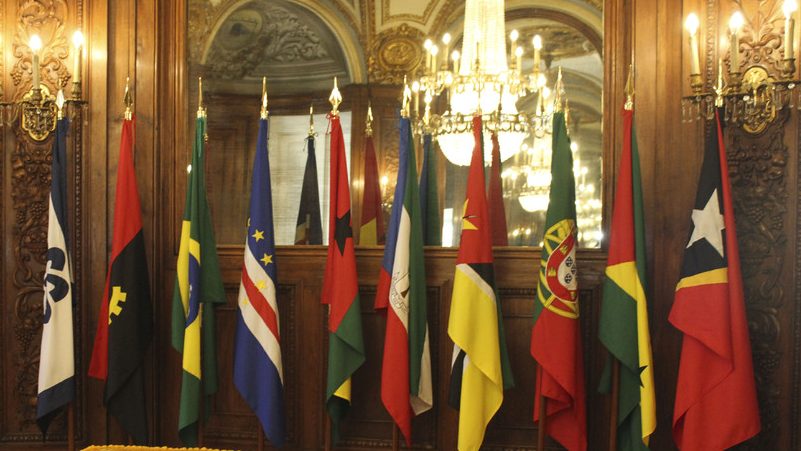Is Portugal doing well? IMF points out six risks the country will face
Despite the very intense growth, the country's economy is not risk free, and the IMF has identified six major constraints - market conditions and protectionism will most likely affect the economy.
A storm could be coming to hit the Portuguese economy. Even if the growth has been quite significant over the last year, six threatening factors were identified by the International Monetary Fund. The worsening of conditions in the markets and the spread of protectionist measures everywhere were just a few of the threats put forward by Christine Lagarde’s financial institution.
“Even though on a short-term, the prospects for growth remain positive, the external risks connected with the deceleration of the growth of other business partners have increased”, the report shows.
In this document, the IMF tells Portugal to start rebuilding its resilience regarding any potential shock that might make the country’s economy vulnerable. Several pieces of advice were given to the country to prepare for any of the identified threats.
Will investors lose trust?
The likelihood of investors losing their trust in the Portuguese economy is quite low. If it does happen that investors lose their trust in the Portuguese market, the impact on the economy would be severe, the IMF warned.
In the same document, the financial regulator highlighted another issue: that the relaxing of budgetary consolidation efforts, together with the setbacks witnessed in some of the reforms, could actually make investors flee. In that case, the interest of the sovereign debt, the reduction of foreign investment and the increase in costs for public and private financing costs.
What can we do to avoid this scenario? Lagarde’s financial authority has recommended that Portugal applies certain measures that could both foster growth and promote the strengthening of budgetary consolidation so that the trust from investors is strengthened again.
The IMF also advised against the retreat of certain political reforms.
Uncertainty abroad can upset the Portuguese economy
Three things are critical for the Portuguese economy when it comes to the effects the world’s economic climate might have in the country, according to the IMF. Overall, global economic growth is below expectations, there is high geopolitical uncertainty and the macroeconomic politics are not sustainable.
Regarding the first issue, there is a decadence in debt sustainability and many issues regarding the adoption of structural reforms, alongside budgetary deficiencies which might affect the growth of the Eurozone.
Eurozone’s growth slowing down will resonate negatively on the Portuguese economic growth, which will face a significant fall in growth and investment.
Besides, given that around 60% of Portuguese exports are destined to the eurozone area, this would, as well, negatively affect the country’s balance of trade. In the event that this happens, the IMF advised the country to focus on investing in more competitiveness and ordering their financial and business sectors, promoting investment and growth that could be targetted at these new dynamics.
In terms of geopolitical uncertainty, the risks of a growing fragmentation of the Middle Eastern, African, Asian, and European countries are the main concerns. If these disruptions do occur, euroskepticism might increase, and this could mean a reverse of monetary integration. To avoid this, the “structural reforms to investment and growth should be fastened”, the report showed.
Last but not least, there is the issue of rapid growth motivated by increasing political pressure, which is not necessarily sustainable — the measures that have been adopted have promoted growth, but, as the IMF states, an unhealthy one. In some cases, these measures might even have an appalling effect on investors and in the end, affect the behavior of the investors, and thus, the overall economic growth.
Paying the price for protectionist measures
Besides the aforementioned risks, the worsening of financial market conditions and the expected increase in protectionist measures is one of the major contenders for economic growth according to Lagarde’s financial body. Why? Because besides having a high impact on the economy, it is highly likely that they do start spreading.
The rise of protectionism and the fall of multilateralism are the most significant dangers Portugal will have to face, according to the IMF.




